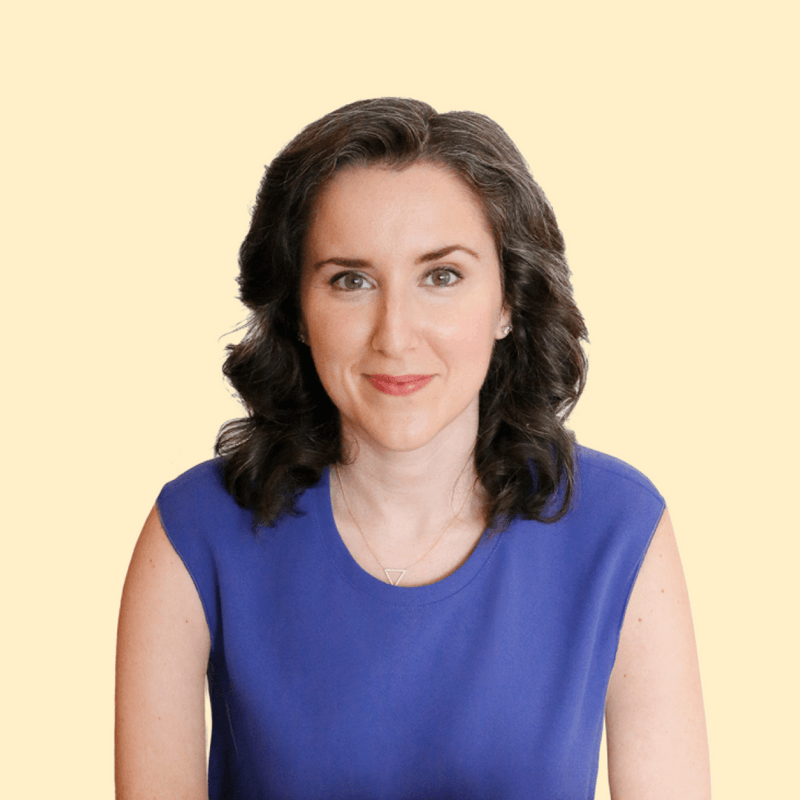PLUS my recommendations for health-conscious and convenient pad and tampon alternativesAs you well know, I like to encourage women to be thoughtful about what they are putting in their bodies as well as on their bodies. However, I know that often the very last health-conscious lifestyle change we make is with our femcare products. Many of us end up using for years the same brands of pads and tampons that we started with as teenagers. Some of us might even get daunted by talk of reusable menstrual cups and cloth pads and feel that would be too big a leap to make.I’m here to tell you there’s an easier, simpler way to make this important change and that it will do wonders for your hormones. As someone who could never embrace the cotton reusable cloth diapers for my baby girl (way too much work!), I get where you’re coming from and I have the convenient solution.
Take out those toxins
We all want to avoid pesticides when choosing the foods that we eat and endocrine disrupting chemicals in the beauty products and household cleaning products we use. The next step to detoxing your life is switching out your femcare products for those that are chemical-free and organic.We spend up to 6 years of our lives menstruating - that’s a whole lot of time we could be exposed to potentially health-sabotaging pads and tampons.Here’s the problem: last year Women’s Voices For The Earth released their Chem Fatale report about the ways in which mainstream femcare pads and tampons (not to mention douches, washes and sprays - but I know you’re smart about those already!) can be hazardous to women’s health.
The harm to your health
We place these products on or in one of the most porous and absorbent areas of the body, our lady parts, which means the chemicals they contain have an even better chance of making it into your body and causing havoc. Mainstream tampons and pads contain known carcinogens like dioxins, irritants, allergens and chemicals that can disrupt your endocrine system. They’re also often made from GMO cotton.Using these products puts you at unnecessary risk of:
- Reproductive cancers
- Pelvic Inflammatory Disease
- Endometriosis
- Allergic rashes or inflammation
- Heavy, painful or irregular periods
and, as I’m sure you all know, Toxic Shock Syndrome is still a possibility and there has even been an increase in cases recently.Visit Naturally Savvy for more information as well as a shocking video that reveals the real difference between an Always Infinity pad and a chemical-free organic Natracare pad.Sounds nasty, right? Well, I don’t want you to freak out! Stress is bad for you too, after all. If you have to use these products sometimes - say you find yourself caught out on a day trip or at work and that’s all the ladies bathroom or closest store has to offer - that’s okay. It’s just prolonged use - for 3 to 5 days per month for years - that can cause real problems.That means these products are standing in the way of you living in your Flo and we don’t want that!
Making the switch
As I said, I’m not asking you to go from Always, Kotex and Tampax to the Diva Cup. I know that can be like asking someone to switch from mainlining soda to drinking green juice!Personally I love these brands: Maxim and Natracare products, as they’re chemical-free and made from organic cotton. Yet they’re still very user-friendly, with the same designs you’re used to, and disposable. They have all the styles that Always and Tampax provide - overnight, winged, different absorbencies. It’s just like choosing an organic apple over a non-organic apple.If you like your period-prep super convenient, the femcare kit delivery service Hello Flo now offers a choice to receive only Organyc tampons and pads in the mail. And the lovely Period Store not only let’s you choose Natracare tampons and pads for monthly delivery, you can also treat yourself to a period-supportive tea, aromatherapy candle, cute button or tote.I also love Cora for this service. Every month you can receive a custom selection of organic products, tea and chocolate, plus the knowledge that you've changed the life and future of a young girl living in a developing country.So, not only can this step of your life detox be great for your hormones, but it can also be fun too!Good things come in threes:
I want to hear from you!
First, what femcare products do you use? Second, will you be making the switch to natural #Flofriendly products? Third: You know every one you know is hormonal – spread a little good ovary karma and share this article on social by clicking the buttons below

Need more Hormone Help?
If you’re needing some health upgrading, it’s time you started you looking into what’s going on with your hormones.I’ve designed a 4 day hormone detox and evaluation to help you understand exactly what’s out of whack and how you can start getting back to balance so that your hormones no longer have to suffer.Click here to get your FREE detox and evaluation!





